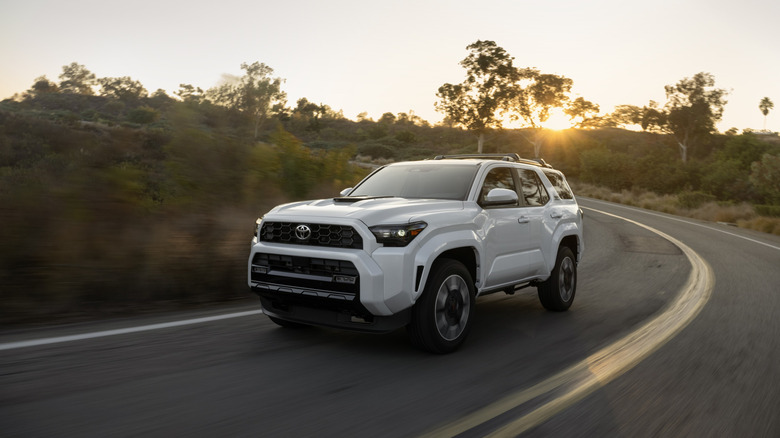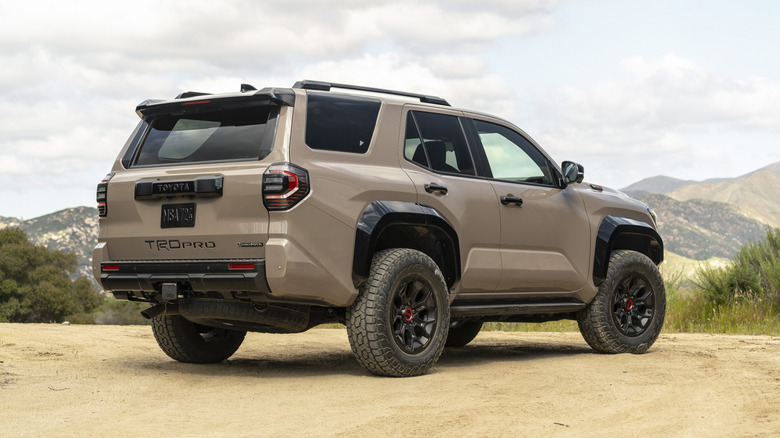Is The Toyota 4Runner Unibody Or Body-On-Frame? (And Does It Really Matter?)
Most new vehicles are either unibody or body-on-frame. Both of these are essentially ways of constructing a vehicle, and both have their distinct advantages. Unibody vehicles essentially have the chassis and the frame of the vehicle merged into one, and are generally used for regular passenger vehicles like hatchbacks, sedans and crossovers. Body-on-frame vehicles, on the other hand, have the chassis and the frame of the vehicle as two separate entities. This is one of the oldest ways to construct a vehicle, but they are more robust.
The new Toyota 4Runner is a body-on-frame vehicle. It's an SUV associated with off-road readiness and a robust construction. It brings it in the leagues of the Jeep Wrangler and the Ford Bronco, which are also body-on-frame vehicles. This method of construction has been a staple for off-road SUVs for a long time now.
That being said, it's not that unibody SUVs cannot go off-road. The Land Rover Defender is a great example of a unibody off-road SUV, but a unibody adds complexity in terms of development. They are also more expensive, and there are really not many other examples of a unibody SUV which is also a hardcore off-roader.
Does being body-on-frame for the 4Runner really matter?
One advantage of a body-on-frame vehicle is being able to carry more load and haul stuff. They are also brilliant for off-roading, mainly because they can twist and flex independently of the body of the vehicle, making them handle uneven terrain easily. It also enables the manufacturers to package the frame for more ground clearance, and allow for more articulation when compared to unibody vehicles. Another advantage is that they are easily repairable, but because they are used for off-roading, the possibility of them getting damaged increases.
While Toyota has a lot of unibody vehicles, the 4Runner has always been a body-on-frame vehicle, even though the current one is loaded with tech and features. The old school body-on-frame construction makes it a highly capable machine when the going gets tough. While being body-on-frame does add to the weight and reduces efficiency of these cars, people who buy 4Runners mostly care about the capability and durability of the vehicle, and a lot of those folks do take their 4Runners off-road on the toughest of terrains.
It gets a proper 4WD system as opposed to an AWD system, and also comes with low range gearing. There are very specific off-road features as well, like a rear-locking differential, anti-roll bar disconnect, crawl contro, and multi-terrain select, making it a very popular machine among off-roading enthusiasts.

